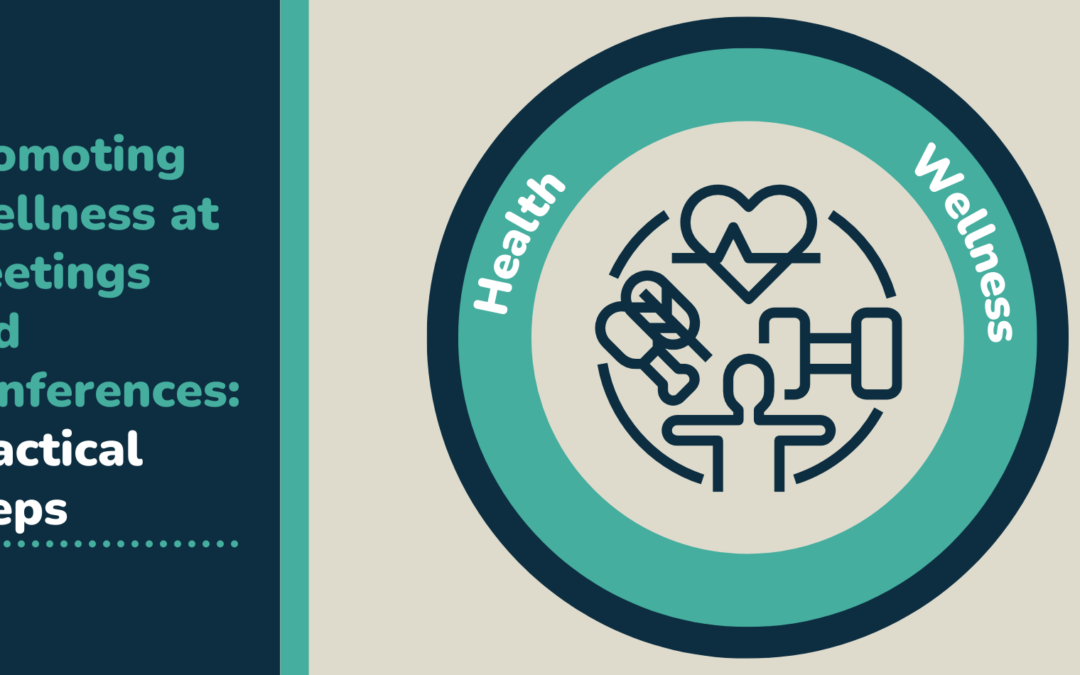In the fast-paced world of meetings and events, the well-being of both attendees and organizers often takes a backseat to logistics and execution and the volume of content to convey. Yet, prioritizing wellness can enhance performance, increase satisfaction, and ultimately lead to more successful events.
At first glance, the demands of event planning may seem incompatible with prioritizing wellness. Tight timelines, demanding stakeholders, and the relentless pursuit of perfection can create an environment where self-care becomes an afterthought. However, by deliberately weaving wellness considerations into the fabric of event planning, organizers can harness its transformative power. It’s time to shift the narrative from one of relentless hustle to one of mindful balance.

1. Designing Health-Conscious Events
As the organizer of your meeting or event, you have the power to set a tone that prioritizes health and well-being. Consider implementing some of these elements into your program:
1.1 Start with Wellness in Mind
Have your MC or host start off the morning with short group stretches or mindfulness exercises that energize attendees without requiring intense physical activity. By starting with wellness-focused activities, you demonstrate your commitment to creating a holistic and enriching experience for all involved.
1.2 Eat for Brain Health
Food is fuel, and providing nourishing options throughout the event not only caters to those with specific dietary needs but is also essential for sustaining attendees’ energy levels and cognitive function. Incorporate plenty of fruits, vegetables, whole grains, and lean proteins into your menu to support brain health and overall well-being. By offering healthy food choices, you empower attendees to make mindful decisions about their nutrition
1.3 Create Restorative Spaces
Amidst the hustle and bustle of networking and seminars, restorative spaces offer a sanctuary for attendees. Designate areas that are equipped with elements like comfortable seating, plants, and soft lighting. These zones help attendees relax and recharge mentally, which is crucial for maintaining energy levels throughout an event.
1.4 Integrate Opportunities for Exercise
Offering a yoga class, walking, or running group gives people the opportunity to not only attend to their physical and mental well-being but also provides an additional way to connect with fellow attendees. It doesn’t have to be expensive either! Many hotels have staff that already offer guided runs or walks. Locals helping to organize your event might be very happy to offer these services for free as well.
Pro-Tip: The key to making these activities happen is to plan for them from the outset when it’s still easy to integrate them into your program and organize it. If you wait until the last minute, your resources will be stretched and this is too often pushed to the ‘nice to do, let’s remember next time’ list.

2. Promoting Wellness in Event Management
Did you know that the role of Event Manager/Planner is often ranked among the top ten most stressful jobs, positioned just below first responders and airline pilots? According to Career Addict, this is a dubious honour that we shouldn’t be proud of—our jobs shouldn’t compromise our well-being. While the adrenaline rush of ‘on the day’ activities is exhilarating and a beloved aspect of our profession, the constant pressure from immovable deadlines frequently leads to burnout among event professionals.
This is why we’d like to cover some strategies for success to promote wellness within the event management industry:
2.1 Staff and Resource Appropriately
Effective resource allocation is crucial. Ensure you have enough team members to handle the workload without requiring excessive hours, both in the preparation stages and on-site. Incorporate scheduled breaks and rest periods into your detailed planning. Respecting and recognizing the need for downtime is not only about valuing personal well-being but is also essential for maintaining high performance consistently. Remember, allowing time to recharge isn’t a luxury—it’s a necessity for sustaining excellence. #WorthIt
2.2 Manage Expectations and Normalize Setting Boundaries
Clear communication about the constraints of budget, time, and scope with clients is vital. Explain the costs of adding “just one more thing”: either money, time, or quality must be compromised. If clients or employers fail to recognize that inflexibility on these factors can jeopardize the health of your team, it becomes a significant issue. It’s essential to establish and maintain firm boundaries to protect both the quality of the event and the well-being of the professionals involved.
2.3 Support Each Other and Foster Industry Connections
Our industry thrives on robust networks and associations that provide valuable opportunities for connection, education, and enjoyment. These associations are not just for networking but should also serve as pillars of support. Promoting mentorship and fostering genuine, unguarded connections are crucial. We should actively encourage open discussions about challenges and guide each other towards appropriate support services. By strengthening our community, we reinforce our collective resilience.

3. Prioritizing Wellness for a Sustainable Industry
The demands on event professionals are intense, but by implementing thoughtful strategies that prioritize wellness, we can change the narrative. Through appropriate staffing, clear communication, and strong community support, we can transform the event management industry into a healthier, more sustainable field.
Speaking of sustainability, if you’d like to plan your next event with the environment in mind as well, check out our blog post: Sustainable Event Planning: How to Minimize Environmental Impact.
To all our fellow event planners out there, let’s not just love the thrill of our jobs; let’s love how our industry supports and uplifts its members too!

